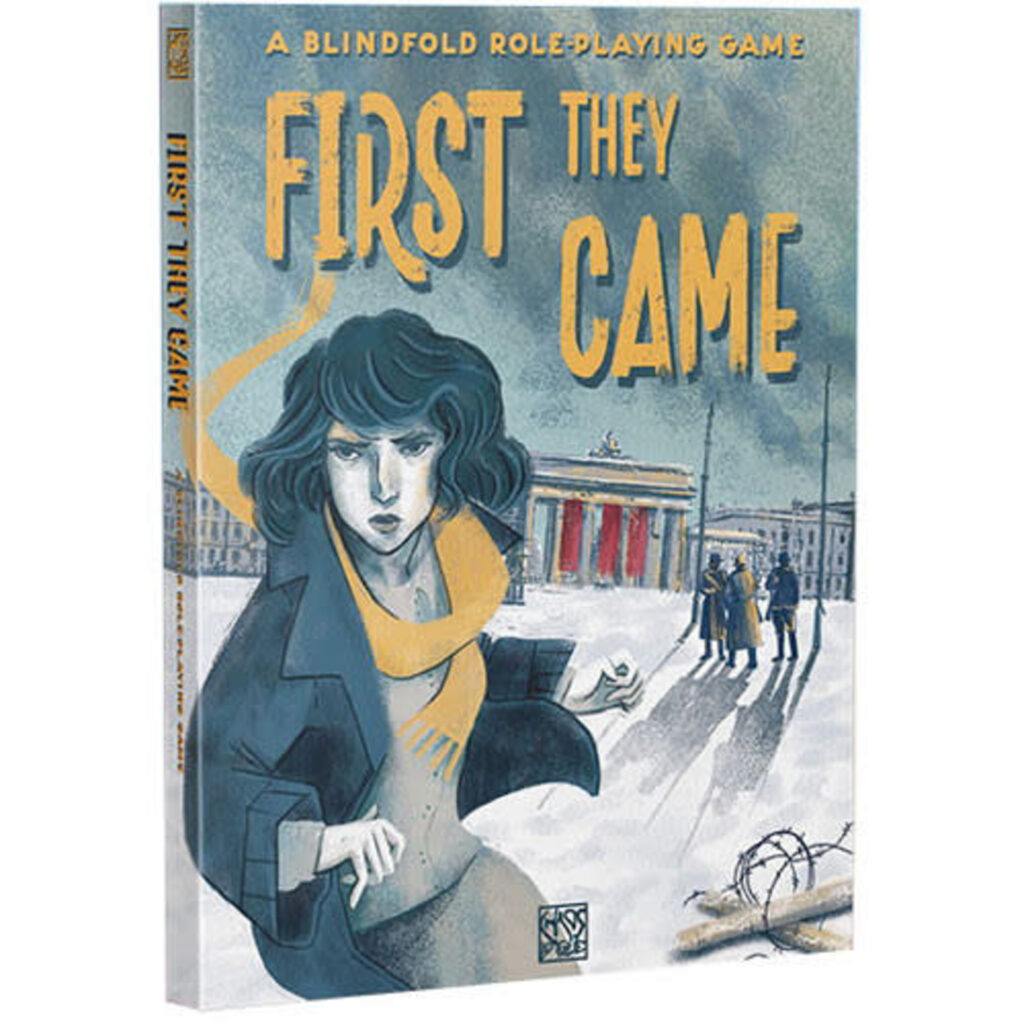I’m on a study project to improve my understanding of roleplaying games. To this end, I already have two reading projects, A Game Per Year and An Adventure Per Year. This is the third, with the goal of reading or playing 52 games made in the last few years. Originally I considered making this “A New RPG Per Week” and that’s where the number 52 comes from, even though a weekly schedule is probably not within my abilities.

The field of roleplaying games breaks down into different traditions of design. There’s the massive edifice of design deriving from D&D. There’s the World of Darkness explosion in the Nineties and it’s many descendants. There are Forge games and more recently Storygames. Games created in the same design tradition tend to be in dialogue with each other. They share commonalities and ancestors even as they also define their differences.
It’s uncommon to read a roleplaying game that comes from a strong, clearly defined design tradition that’s also entirely new. That’s the case with First They Came, a roleplaying game published by the Italian larp organization Chaos League. The game’s design voice is recognizable to anyone who’s played a Chaos League larp but it’s interesting to see it applied to a roleplaying game context.
The subject matter of First They Came is as heavy as it comes. It’s about life in Nazi Germany, centering on a group of fugitives hiding in a Berlin attic in 1942. Each character is complicit in the same system that also persecutes them as outsiders: Jewish, Roma, disabled, gay, socialist, Jehova’s Witness. The compromises required by survival has meant that all have made terrible choices.
The game accomplishes the larp ideal of the 360 degree illusion in a clever way: Through blindfolds and the use of a pre-created soundtrack. In this sense, First They Came is a mini-larp you can play in your living room as long as you can get blindfolds and have a stereo. The characters are hiding in darkness, listening to the sounds of the Gestapo searching their apartments below.
As the game progresses, one of the characters becomes the Scapegoat, drawing police attention so the others can escape. A voting mechanic determines who will sacrifice themselves.
The title First They Came is a reference to a sermon given by Martin Niemöller in 1946. Often quoted in poetic form, it starts:
First they came for the Communists
And I did not speak out
Because I was not a Communist
The game was originally published as a smaller scenario in the Italian game collection Crescendo Giocoso. It has been expanded for the purposes of release as a fully-realized game.
The design works through the soundtrack, handouts and minutely designed flashback scenes. I played in the Chaos League larp The Secrets We Keep in Florence a few weeks ago and the technique is very recognizable despite the difference in context. The First They Came book has an essay from the editor of the Crescendo Giocoso collection, Oscar Biffi, explaining that he originally wanted to include a piece by Chaos League in his book because he wanted to see what the makers of big larps could do in the space of an intimate, private game of just a few people.
Quite a lot, it turns out.